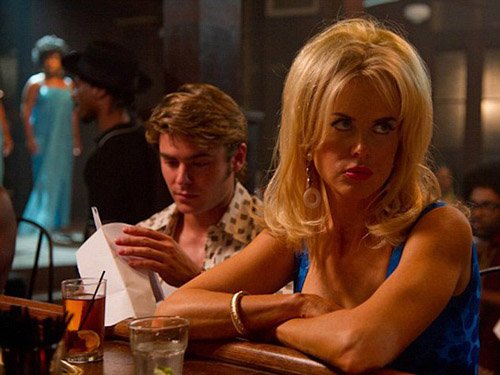I love books. They're fun, educational, and they never talk back.
Recently, I had the pleasure of attending my first pro football game, a Sunday night tilt between the Giants and Eagles at Lincoln Financial Field.
Here are a few observations.
1.) As a Giants fan, I am relieved that I did not wear any kind of NYG hat, shirt, whatever to the game. Eagles fans are positively rabid. Their hatred for their longtime rival is tangible. They are large and capable of drinking a lot of cheap alcohol. There's a good chance I would have been killed if I had worn an Eli Manning jersey. And I'll bet my murderer would have worn a Reggie White jersey that cost more than my car.
(Kudos to Eagles fans for wearing the widest and most obscure array of jerseys. Sure, Vick and Jackson were there. But so was Harold Carmichael. And Mike Quick. And Chuck friggin' Bednarik.)
2.) By far, this was the loudest, most frenzied sporting event I've ever attended. Going to a game reinforced why football is so popular in America. The gladiator-like violence plays a role, but so does this: the sport demands your constant attention. With only 16 games in a season, every one matters. Hell, every play, player, and decision matters.
And no sport does a better job of turning itself into a decibel-shattering, fireworks-exploding spectacle. I was fascinated.
3.) That I could take my wife to a football game--and she didn't blanch or get scared--is further confirmation that I married the right woman. And she had a good time.
4.) Drunks are fun! A little bit before halftime, a pint-sized douche-in-training rumbled into our row, beer in hand. He and his trashy girlfriend bumped into everybody, causing me to plot my course of action should this happen again.
Turned out there was no need to worry.
About halfway through the third quarter, I noticed my friend had his head between his legs. OK, maybe he's sick, I thought. Five minutes later, he was in the same position and maintained it through the third quarter. His girlfriend soon left, never to return. The fourth quarter: still immobile. Through it all--30 minutes of noise that rattled my ear wax--he was quieter than Grandma at Sunday mass. The game ended. The crowd filed out. My friend was still hammered to the point of stillness.
 |
| Sincerely, The Breakfast Club |
The Giants may have lost, but I had my own victory.
5.) On TV, you always see inevitable cheesecake shots of 21-year-old cheerleaders crammed into circulation-hindering hot pants. But what surprised me at the game was how many there are. Four groups of 12 cheerleaders worked the entire game. And I couldn't get a phone number from one of them.
Strength in numbers, my ass!
Seriously, let's get to the Book of the Month. Jeanne Marie Laskas wrote an observant, shockingly human piece on the Bengals cheerleaders for
GQ. It's now published in an excellent collection of profiles called
Hidden America. You can read my review for
BookPage here.
That's it for now. Until later, read in peace. (Go Giants!)



